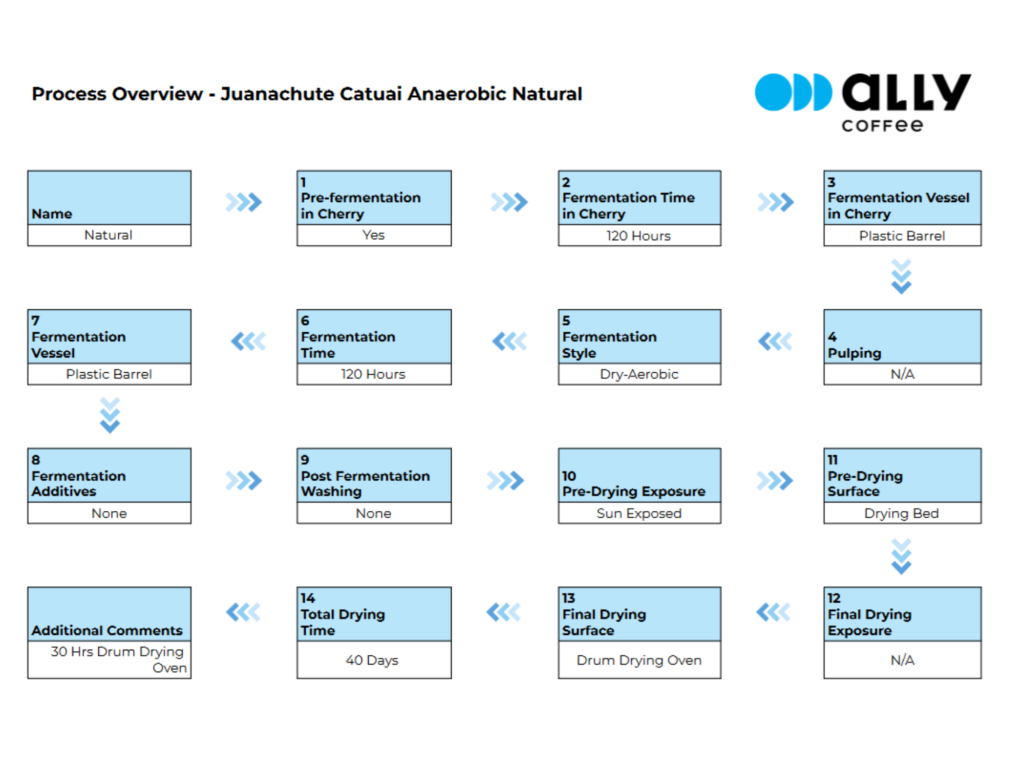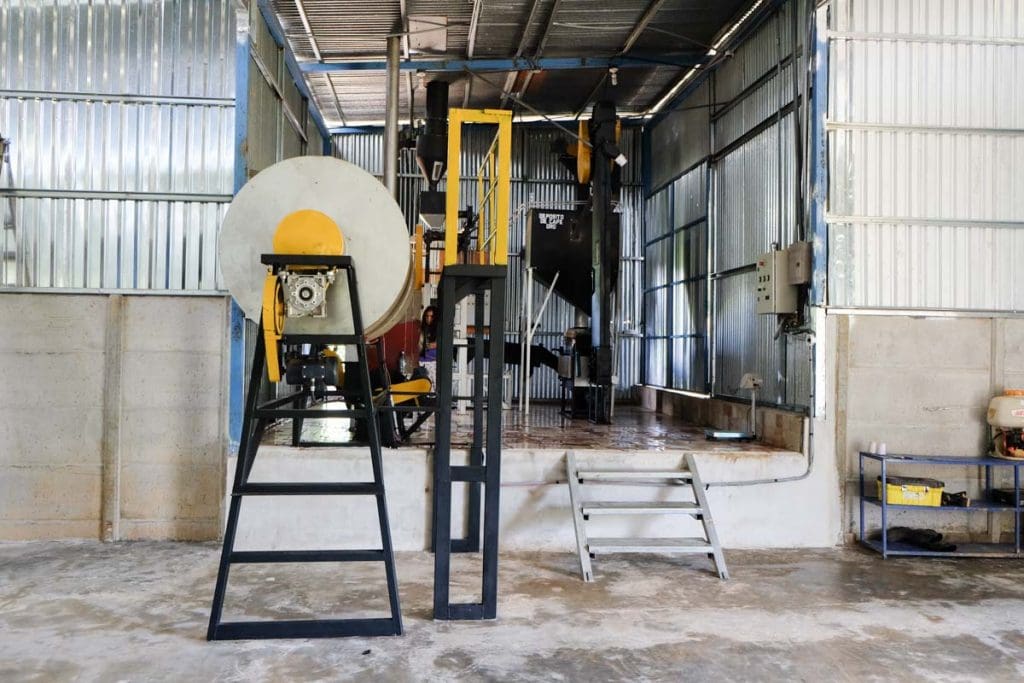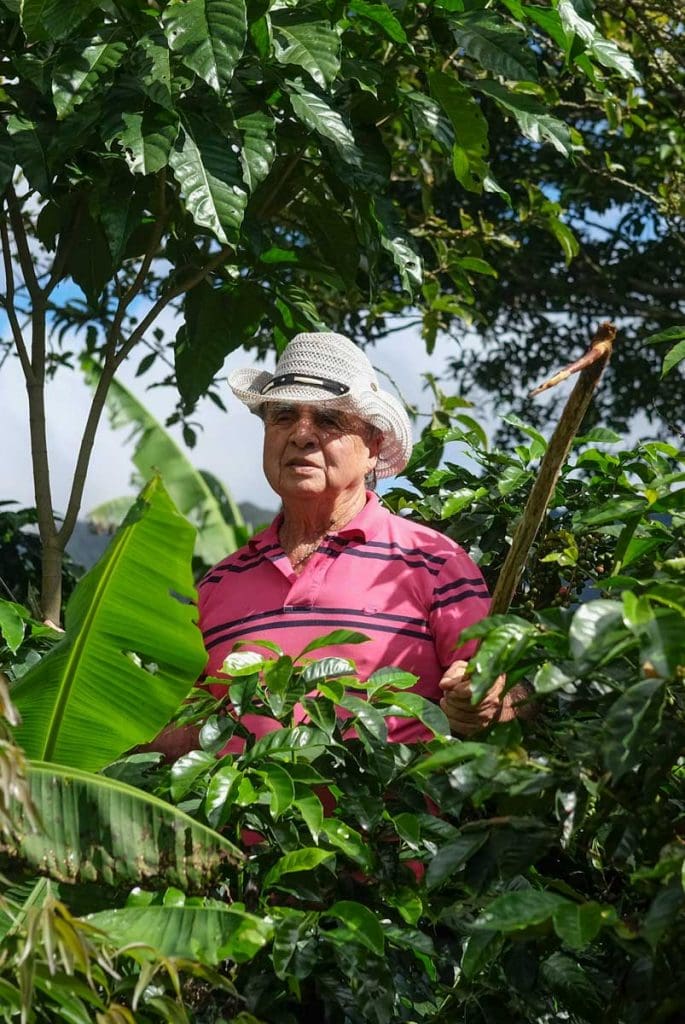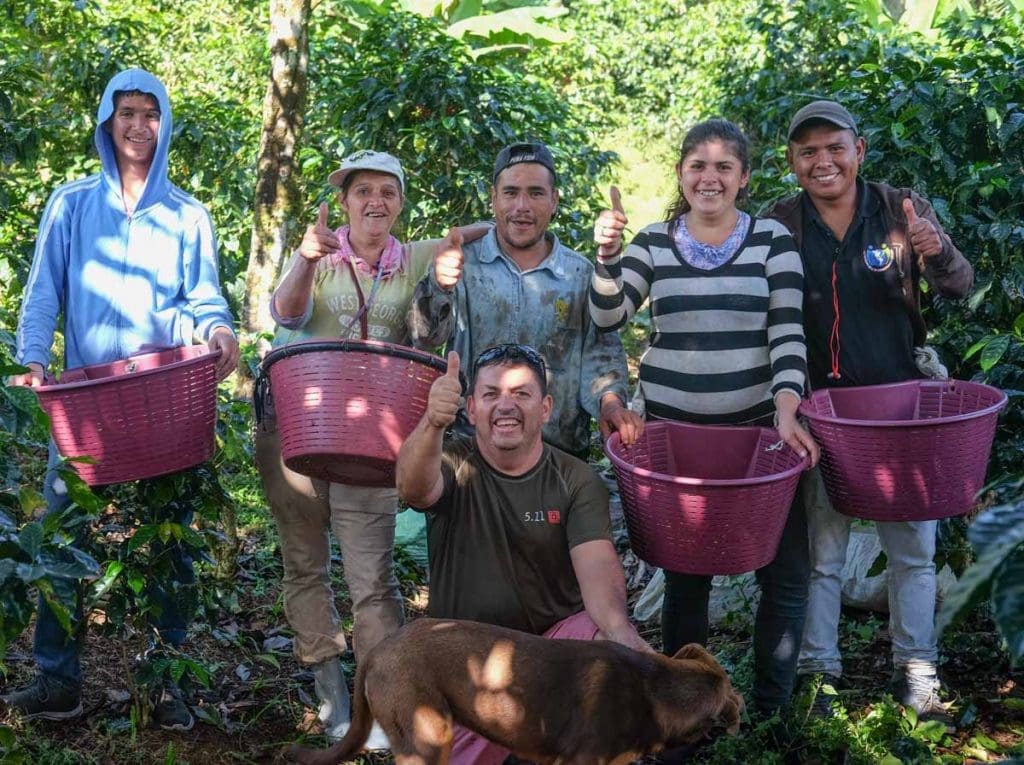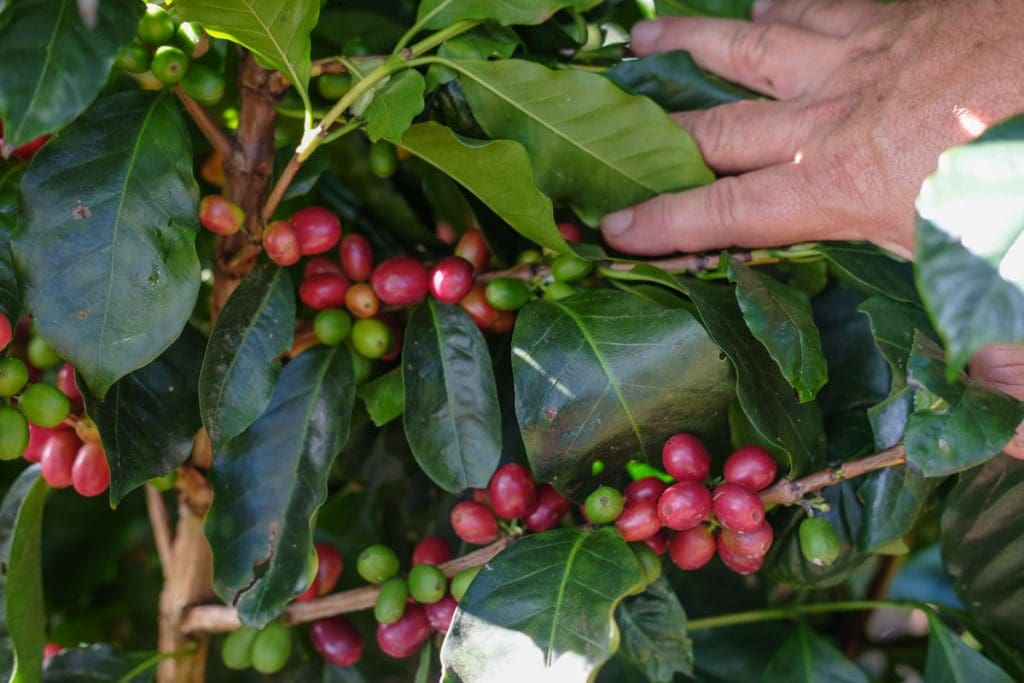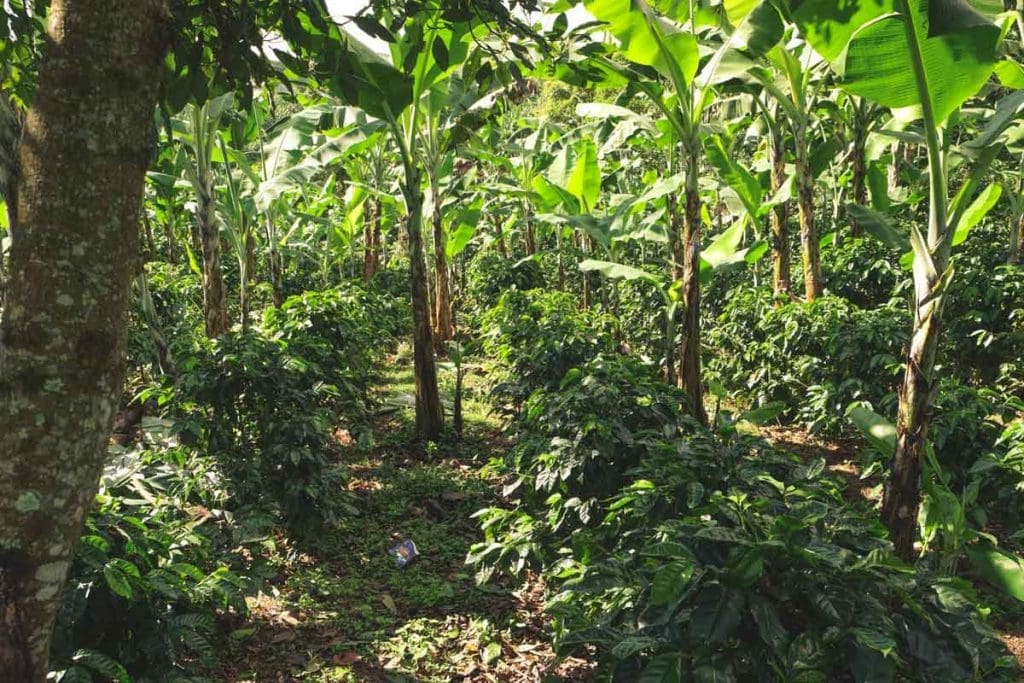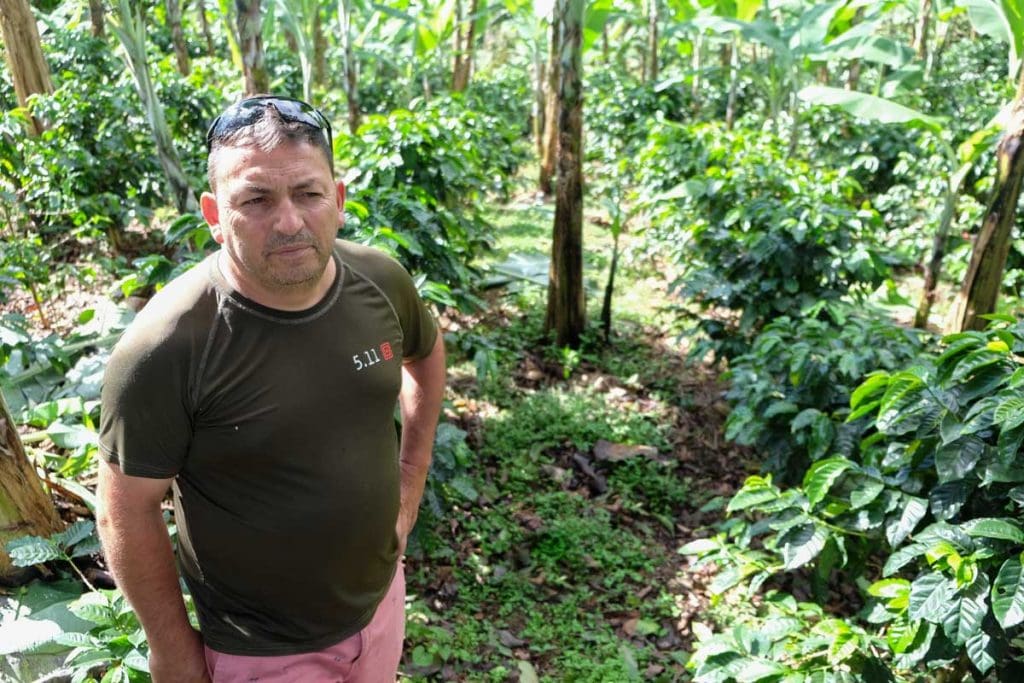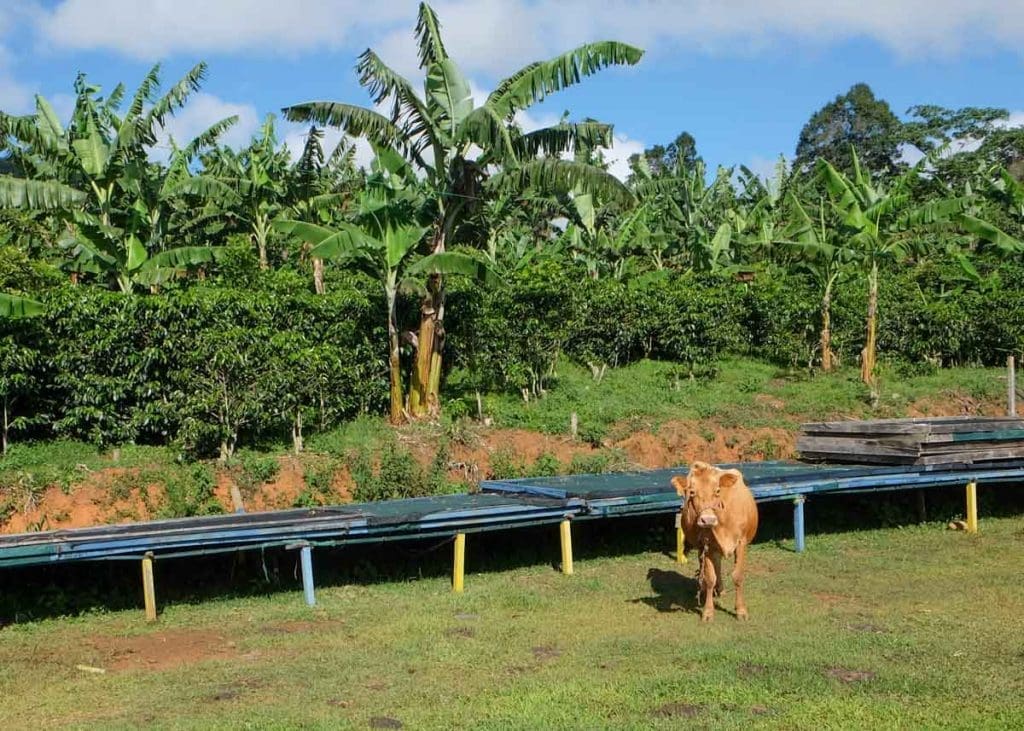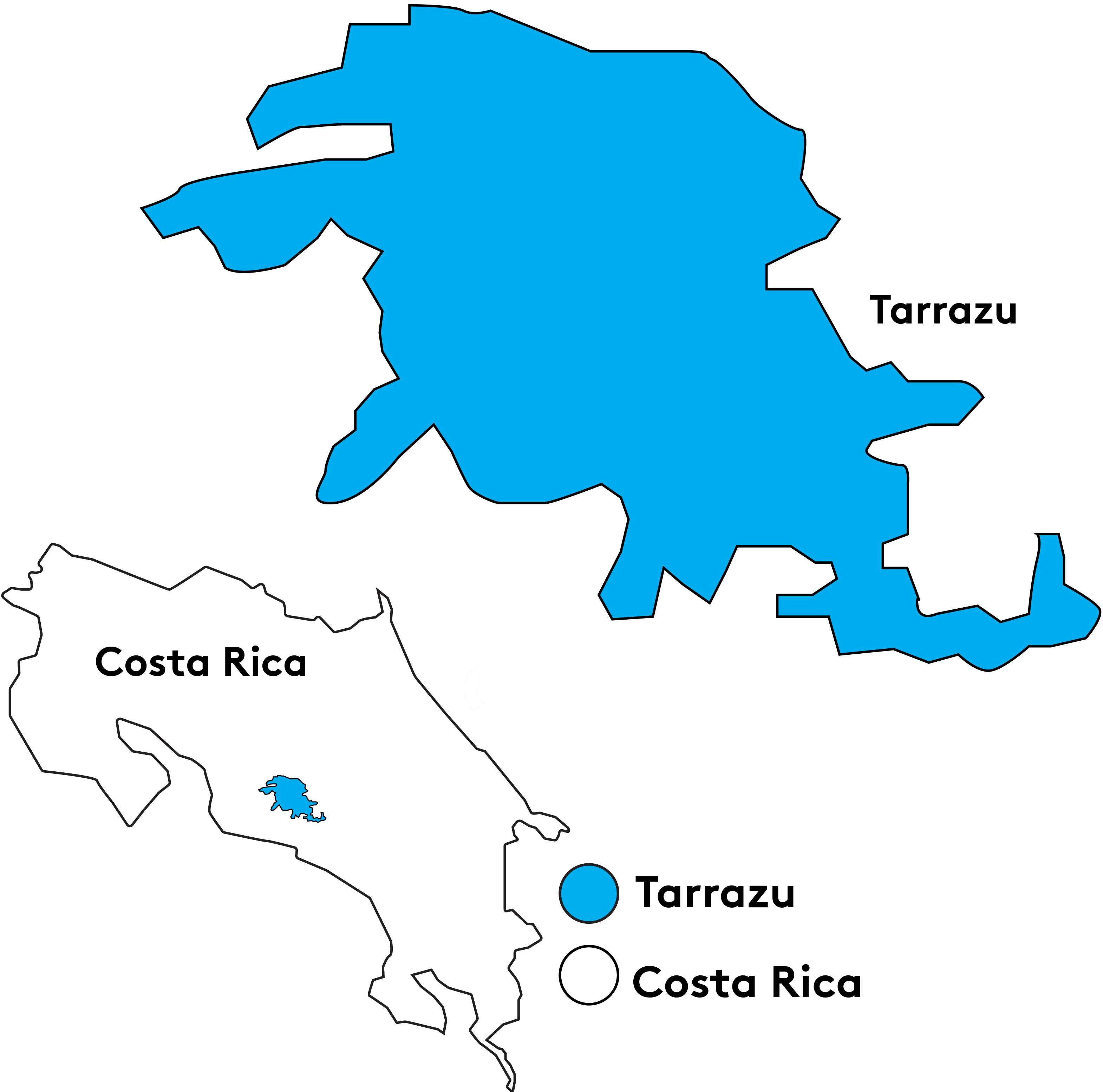The Juanachute micromill was one of the first mills of its kind. Luis Anastasio Castro, better known as Tacho, was an early adapter to the micromill model, and since then many other micromills have learned from his efforts. The Juanachute operation consists of several different plots throughout the Los Santos region and a mill close to the town of San Pablo. The micromill is one of the few at which the entire process is controlled. From planting the coffee trees to sealing the jute bags of green coffee, it is all under the supervision of Don Tacho.
The Castro family also owns a small roastery and coffee shop in the town of San Pablo. One of Tacho’s sons, Luis Anastasio (named after his father), is responsible for launching the barista education program in the local high school with 30 graduates each year. Luis Anatasio also competes in the Costa Rica barista championship proudly serving coffee from Juanachute.
Don Tacho is proud of his farms, his mill, and the final coffee products made with Juanachute coffee, and takes the greatest care in maintaining all three. Ally has been partnered with Juanachute since 2018, buying both microlots and larger volume lots. We are delighted to continue our partnership with Juanachute, and to continue connecting Don Tacho, his family, the team at Juanachute, and their coffees with roasters across the world.
This lot Catuai coffee underwent Anaerobic Natural processing at Juanachute. Freshly harvested coffee cherries were first sealed into plastic barrels for 120 hours of anaerobic fermentation. The barrels are then opened, and the cherries are fermented in open air for another 120 hours. Following this second fermentation, the fermented cherries are moved to sun exposed drying beds where they are dried for approximately 40 days. The partially dried coffee is then finished in a drum drying oven for 30 hours to ensure consistency.
